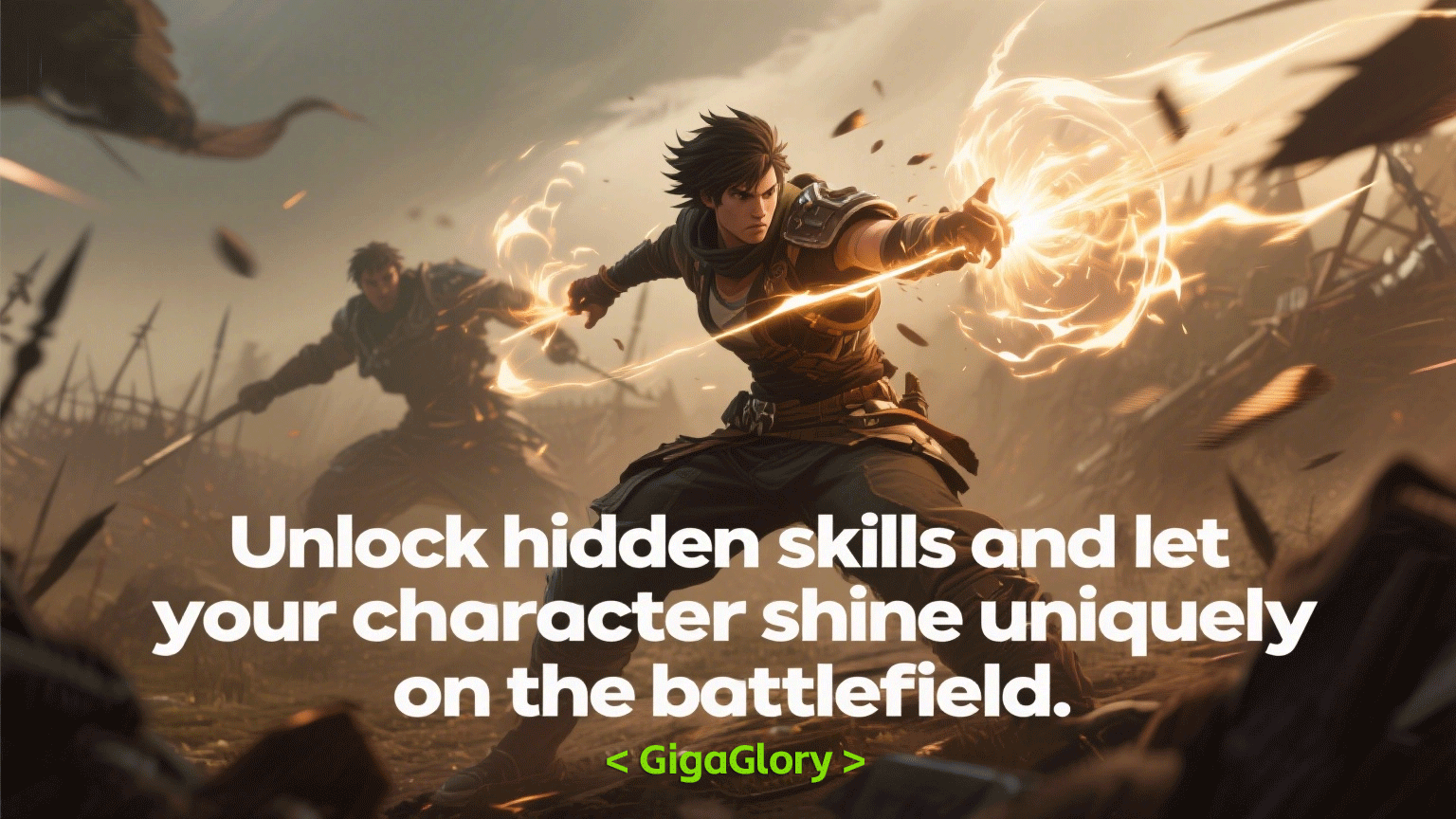Unlocking Teamwork: How Multiplayer Strategy Games Enhance Collaboration and Critical Thinking
As the digital age progresses, the fascination with multiplayer games continues to evolve, weaving itself into the fabric of entertainment and education. Among these, strategy games stand out for their unique ability to blend fun with cognitive growth. This article dives into how these games facilitate teamwork and enhance critical thinking among players.
The Rise of Multiplayer Strategy Games
In recent years, the market for multiplayer strategy games has exploded. These games engage not just the player’s reflexes but also their intellect. The dynamics of teamwork play a significant role here. Players must collaborate to achieve goals, whether defending a castle or conquering new territories. This collaboration hones their critical thinking skills as they must assess their strategies and adapt to the evolving gameplay environment.
Understanding Teamwork in Games
When we discuss teamwork in multiplayer strategy games, it’s essential to recognize its components:
- Communication: Team members must share information and strategies.
- Role Assignment: Each player often takes on a unique role, which requires coordination.
- Adaptive Strategies: The ability to adjust based on team performance and opponent actions.
How Multiplayer Strategy Games Foster Collaboration
Multiplayer strategy games, like League of Legends and StarCraft II, demand players work together, fostering a sense of community. Here’s how:
- Shared Objectives: Players tackle common missions, which requires collective effort.
- Resource Management: Teams often need to manage limited resources, prompting discussions and strategies.
- Problem-Solving: Challenges presented in-game encourage players to brainstorm and debate solutions.
The Intellectual Edge of Strategy Games
Strategy games are not just entertaining; they demand tactical thinking. Consider these benefits:
| Skill Developed | Description |
|---|---|
| Critical Thinking | Analyzing situations, considering options, and making informed decisions. |
| Strategic Planning | Long-term thinking and foresight are crucial in winning games. |
| Collaboration | Understanding the strengths of team members and utilizing them effectively. |
Case Study: Successful Teams in Gaming
Analyzing successful competitive teams in multiplayer strategy games showcases how teamwork yields results. For instance, the team SK Telecom T1 in League of Legends achieved numerous championships through impeccable teamwork. Their success can be attributed to:
- Effective communication during matches.
- Establishing trust and synergy among teammates.
- Continuous practice and strategy refinement.
Insights for Game Development: Tips and Tricks
For aspiring developers interested in game dev story tips and tricks, understanding how to integrate teamwork can enhance player interaction. Here are some tips:
- Create challenges that necessitate collaboration for a common goal.
- Incorporate role-playing elements to allow players to explore different strategies.
- Design communication tools that help teams coordinate effectively.
RPG Game Elements in Strategy Games
Moreover, elements from RPG games for Game Boy Advance can be woven into strategy games, enhancing the overall experience. By adding character development and story arcs, players are even more inclined to participate and collaborate.
The Psychology Behind Multiplayer Games
Psychologically, engaging in multiplayer strategy games allows players to step out of their comfort zones. Players face not only AI opponents but also real people who can think unpredictably. This unpredictability leads to enhanced critical thinking as they adapt to different play styles. Here, we analyze how this experience translates into real-world skills:
- Improved decision-making under pressure.
- Better communication skills, beneficial both in-game and in real life.
Future of Multiplayer Strategy Games
Looking ahead, the future of multiplayer strategy games seems bright. With advancements in technology, we may see even more intricate gameplay dynamics. New trends, such as virtual reality collaborations, could change the landscape of teamwork in gaming entirely.
Conclusion
In conclusion, multiplayer games, particularly strategy games, are not just a source of entertainment. They serve as platforms for developing essential collaborative and critical thinking skills. As players unite to tackle challenges, they learn valuable lessons about teamwork that extend far beyond the game. Whether you're an avid gamer or merely curious, the influence of these games is undeniable, making them a vital part of modern interaction and learning.



